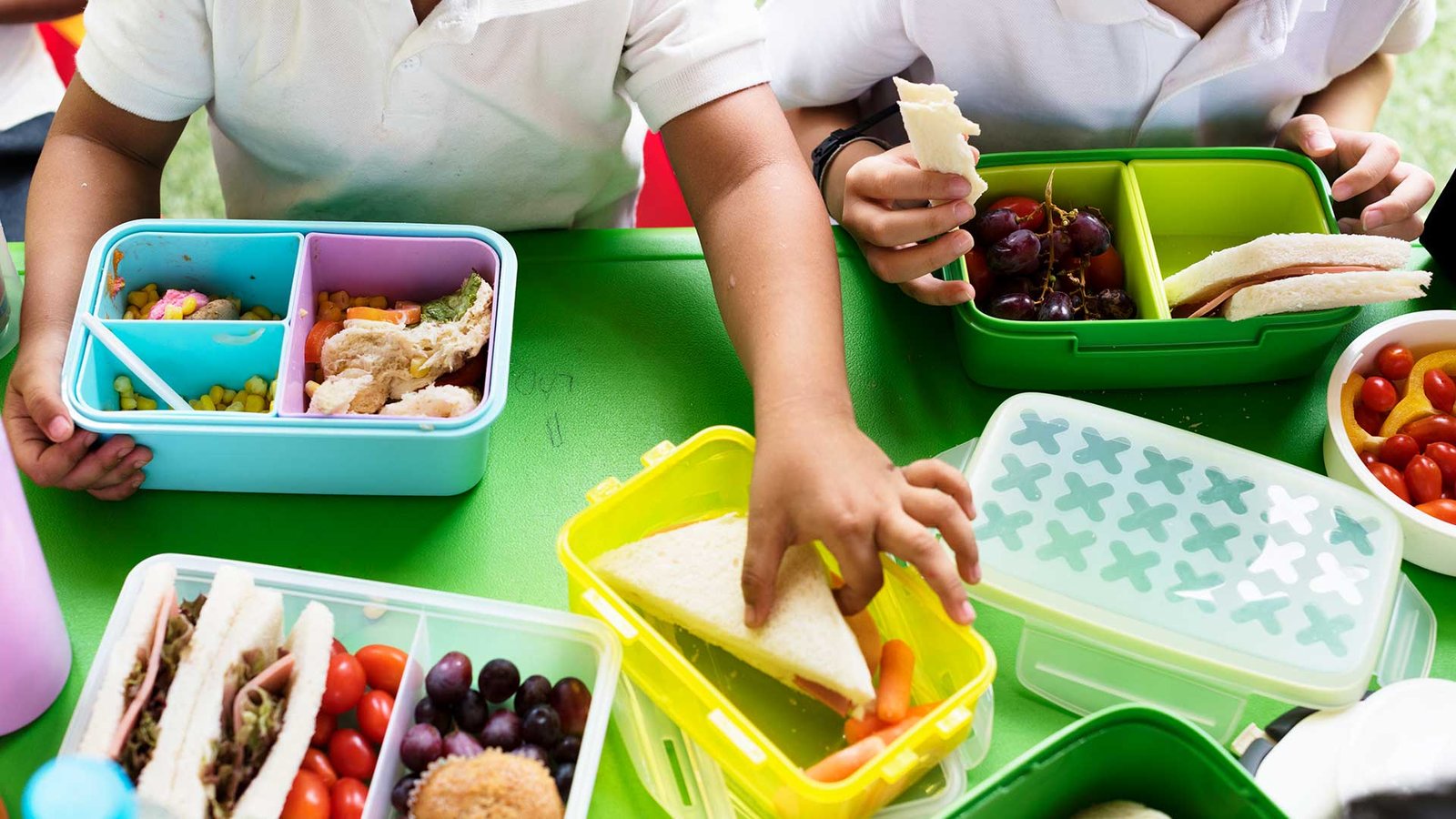It’s not just what you eat, but how you eat
The epidemic levels of childhood obesity in Latin America have raised alarms, demanding immediate awareness and action. In 2022, in Latin America and the Caribbean, 7.5% of children under 5 were overweight, nearly two percentage points higher than the global average of 5.6%. Additionally, 30% of children and youth in the region aged 5 to 19 are overweight or obese, significantly surpassing the global estimate of 18% for the same age group.
To prevent or reverse childhood obesity, it is necessary to take effective actions at both the governmental and healthcare system levels, as well as at the personal and family levels.
Researchers from the Erasmus+ CIELO Project team at the Universidad Hispanoamericana have created a list of recommendations for parents and caregivers to help prevent childhood overweight and obesity.
Recommendations for Better Eating Habits:
- 1. Avoid using food as a reward for expected behaviors in children. Instead, opt for hugs, praise, and attention.
- 2. Teach the concept of “healthier foods” (fruits, vegetables, grains) and “less healthy foods” (chips, candies, sodas) to encourage the consumption of more nutritious options.
- 3. Involve children in cooking and grocery shopping, explaining the importance of purchasing and preparing foods that contribute to their overall development. Emphasize that a balanced, varied, and sufficient diet prevents nutritional disorders and improves children’s health.
- 4. Maintain regular meal times and share at least one meal a day as a family. Adults should lead by example; parents’ phones should be kept away from the table, and eating with the TV or radio on should be avoided. Mealtime can be truly valuable. Avoiding distractions helps focus on what is being eaten (what and how much) and allows for enjoying the company of loved ones.
- 5. Teach the importance of good posture while sitting at the table to prevent back problems.
- 6. Explain and model that mealtime is not a race: children should eat slowly and chew their food thoroughly to promote proper digestion.
- 7. Although the hustle of modern life makes it challenging, the habit of a complete breakfast is essential, even if it means waking up a few minutes earlier. Don’t forget to include fruits in breakfast.
- 8. If children eat at school, it is important for parents to know the menu to avoid repeating the same food groups in the two main meals of the day.
- 9. Plan the weekly menu with the children; this planning will help identify in advance the products needed to prepare more complete and balanced meals.
- 10. Physical activity is vital for the proper growth and development of children. Ensure children engage in at least one hour of vigorous physical activity daily. Video games promote sedentarism, so parents should regulate the time their children spend on different activities. Physical exercise plays a fundamental role in preventing overweight and obesity.
At CIELO Project, we understand the importance of healthy eating habits and the relevance of physical activity. That is why we are committed to research, information, and training for parents, nursing, nutrition, education, and psychology professionals, teachers, and healthcare providers in the prevention of childhood overweight and obesity and their effects on mental health.
Referencias:
https://openknowledge.fao.org/server/api/core/bitstreams/b54c7a49-5ac3-4f1f-8baa-94dcd6ad2b60/content
https://www.unicef.org/lac/informes/sobrepeso-infantil-en-costa-rica














